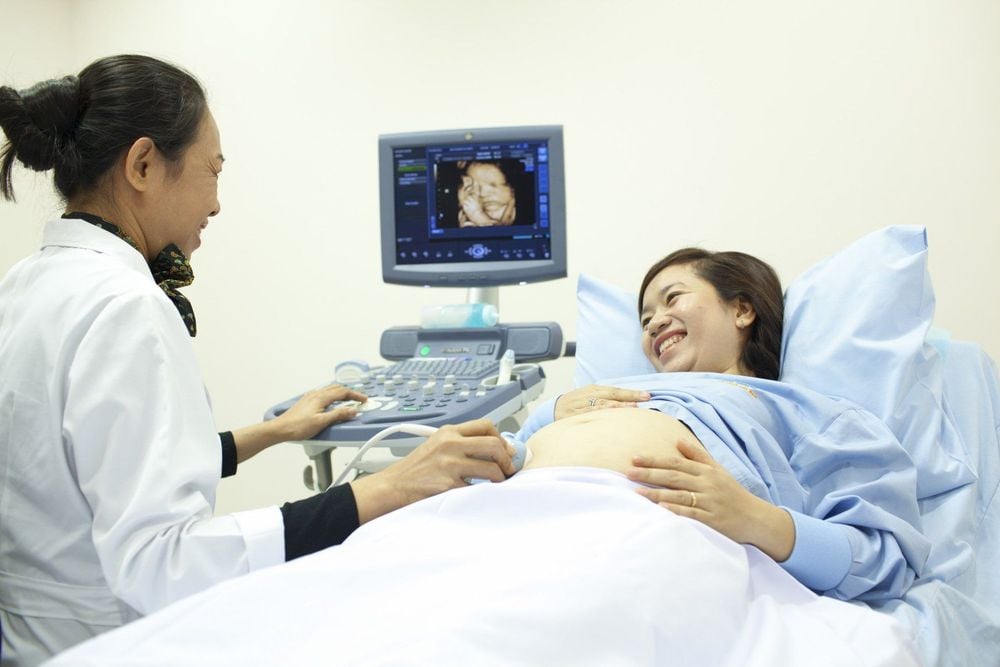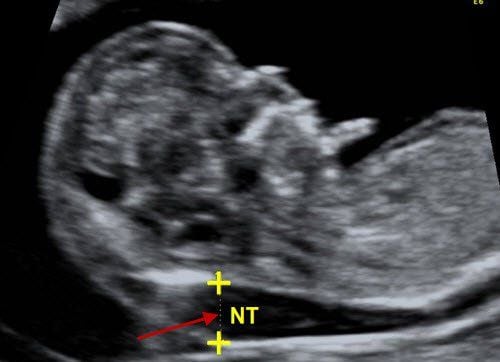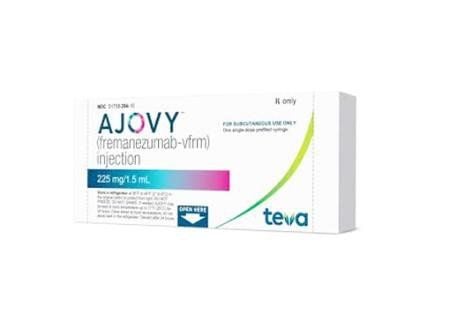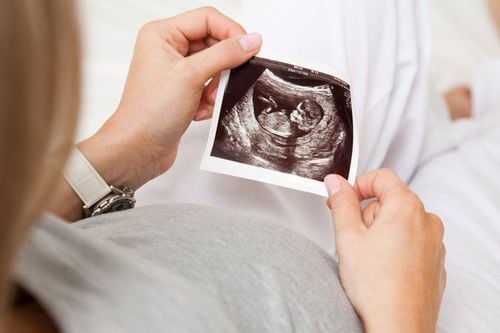This is an automatically translated article.
Article written by BSCK II Nguyen Thu Hoai, Obstetrics Department - Vinmec Times City International Hospital
Preeclampsia causes serious complications for pregnant women even death. Therefore, screening the risk of preeclampsia for pregnant women before giving birth plays an important role, helping doctors plan early preventive treatment, safe pregnant women giving birth.
Despite advances in medicine, pre-eclampsia is still one of the serious diseases affecting both mother and fetus. Complications of preeclampsia are intrauterine growth retardation, stillbirth, uncontrolled maternal hypertension, eclampsia, thrombosis, and even maternal death. Medicine has proven that the use of low-dose aspirin before 16 weeks has been shown to be effective in preventing preeclampsia in pregnant women. Therefore, early detection of pregnant women at high risk of preeclampsia will help doctors plan early preventive treatment, reasonable monitoring to help protect the safety of both mother and baby at birth.
At Vinmec Times City International Hospital, pregnant women are screened for the risk of preeclampsia by a combination of ultrasound, blood tests and using software to analyze the risk of preeclampsia.
Pregnant women at 11-14 weeks of pregnancy will have an ultrasound to measure the resistance of the uterine arteries on both sides and test the concentration of PlGF in the mother's blood. Ultrasound and blood test results will be entered into the risk analysis software along with the individual parameters of each pregnant woman: age, race, family history, personal history of obstetrics, Medical disease, natural or assisted reproductive methods, height, weight, average blood pressure in both arms, thereby giving the risk index of preeclampsia before 34 weeks, from 34 weeks. up to 37 weeks and after 37 weeks. According to O Gornan (Am J Obstet and Gynecol 2016), the combined calculation of history, maternal mean blood pressure, uterine artery, PlGF has a detection rate of preeclampsia before 34 weeks up to 90 %, before 37 weeks up to 75% and after 37 weeks up to 47%, 10% false positive rate.

After having the calculation results, the doctor knows the risk of each pregnant woman to have a preventive treatment plan, monitor the pregnancy separately for each pregnant woman. These measures will help the fetus develop healthy, reduce the risk of serious complications for mother and fetus.
At Vinmec International General Hospital, pre-eclampsia screening tests are part of the 12-week Maternity Care Package. Tests are performed on the Cobas 8000 system, using the principle of electroluminescence, fully automatic for fast and accurate results, ensuring that pregnant women with pre-eclampsia are not missed to help obstetricians and gynecologists. Timely decision making brings optimal benefits to both mother and baby. These two Roche tests have been certified for test quality by the Fetal Medicine Foundation (FMF) and can use FMF software to help assess the risk of preeclampsia with global quality.
In addition, the 12-week maternity care program also includes blood collection for Double test and quantification of angiogenic factor PLGF to screen for 3 Down syndrome, Edward, Patau syndrome for the fetus and screen. 12 weeks preeclampsia for the mother.
Please dial HOTLINE for more information or register for an appointment HERE. Download MyVinmec app to make appointments faster and to manage your bookings easily.
READ MORE
Preeclampsia - What you need to know Pre-eclampsia screening tests Pre-eclampsia management throughout pregnancy














